Major global events in 2015 - OPINION
- 28 December, 2015
- 05:58
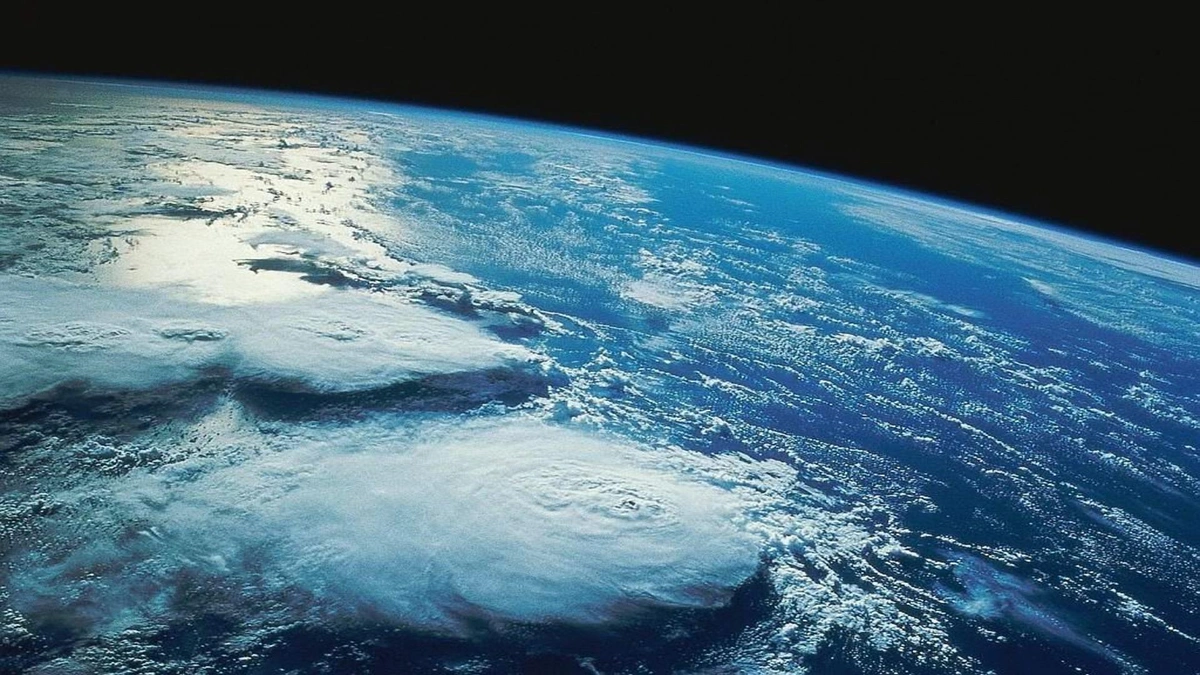
Baku. 28 December. REPORT.AZ/ The passing 2015 year was full of various events that had a great influence on global geopolitics and the economy. Report has prepared a compilation of such events.
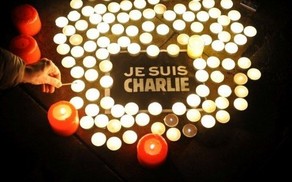
One of the sad events of the year is probably the brothers Saeed and Sheriff Kuashi's world-shaking attack at the office of the satirical magazine Charlie Hebdo on January 7 in Paris, and a series of terrorist attacks on November 13, which had the largest number of victims in the whole history of France and the largest in the number of victims of the attack on Paris since the Second World War. It was a state of emergency in the country only for the fourth time in its history.
Organizers in varying ways, have been linked to terrorist groups, including those with the Islamic state.
In this regard, the activities of ISIS in the occupied territories of Syria and Iraq should be stressed. Some statistics: in 2015 the number of ISIS executed only on published videos have reached 5000, the group committed acts of terrorism in Iraq, Tunisia, Kuwait, on the Sinai Peninsula, where the terrorist attack downed the Russian aircraft A321.
In February, ISIS militants blew up a central library of Mosul, destroying from 8,000 to 10,000 books. In the courtyard of the library, the radicals staged a bonfire of books and manuscripts.
On May 15, 2015 ISIS organized mass executions in the Syrian village of Al Amir. Terrorists killed 45 civilians. On 17-18 May 2015, ISIS militants killed more than 500 civilians and soldiers in the Iraqi city of Ramadi after its occupation. On May 24, 2015 more than 400 people, most of them women and children, were killed by militants in the Syrian city of Palmyra occupied on May 21. All these people were accused by radicals of "having ties with the Syrian government."
"Everything that is happening around, left no doubt that ISIS is a creature of
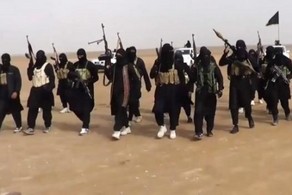
influential political circles of world leaders and a number of regional countries. The purpose of its promotion is to chaos the Middle East for further reformatting political boundaries. And it will be followed by a new stage of redistribution of natural resources-rich region", said political scientist Tofig Abbasov to Report.
According to him, soon the fight against the Islamic state will all be hardened. "Azerbaijan in these conditions should further strengthen the border, support those countries that are actually combating ISIS" - he stressed.
At the end of the year, on September 30 aircraft aerospace forces of Russia struck first on military equipment, communication centers, transportation means, arms and ammunition depots belonging to ISIS terrorists.
"It is well known that there are thousands of immigrants from European countries, Russia and the former Soviet countries in the ranks of the terrorist organization, which is called the Islamic State and I want to stress once again that this has nothing to do with real Islam. There is no need to be an expert on these issues, to understand that if they succeed in Syria, it will inevitably come back to their countries and return to Russia also", said Russian President Vladimir Putin at a meeting with members of the government on the same day.
On November 24 the Russian bomber Su-24M, a member of the Russian aviation group in Syria, was downed by the "Air-Air" missile from the Turkish Air Force fighter F-16C near the Syrian-Turkish border.
The Turkish side claims that on the morning two unidentified aircraft units were approaching Turkish airspace, the controller 10 times conveyed a warning to turn toward the south during 5 minutes. The two aircraft units violated the airspace of Turkey. The first plane came from the Turkish area, and the second airplane in the Turkish area was targeted by the rocket launch by the Turkish F-16C at the time while patrolling the territory.
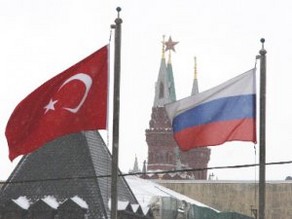
"This quarrel between Russia and Turkey over Syria has become one of the main events of the year, which undoubtedly will be reflected and further developed in 2016. In spite of the significant increase in bilateral trade and increasing economic cooperation, in November the parties had although limited, but still an armed clash with the destruction of the Russian Su-24 bomber," said a senior analyst at the Center for the study of the crisis of society, an expert of the Russian Council on International Affairs and the Institute of the Middle East, Sergey Balmasov.
"Sooner or later, their interests had to cross. And the fact that it happened because of Syria, where both sides have their own interests, demonstrates the presence of historical contradictions between Ankara and Moscow, which as it happened before, may be continued in a more serious conflict, provoked by other countries", the expert believes.
On the background of the protracted conflict in Syria, the flow of migrants from the Middle East and Maghreb countries has expanded. Thus, according to the International Organization for migration, the number of refugees and migrants arriving in Europe in 2015 has exceeded one million people. This year more than 365,000 people fleeing the military campaigns, crossed the Mediterranean Sea to apply asylum in the European Union. In addition the UN has data on those 2900 killed while crossing the sea in the crowded ships.
It is known that the majority of refugees sailed from Syria, they are a little more than 50% of all migrants, followed by Afghans (14%), Eritrea (8%), Nigeria (4%) and Iraq (2%).
Due to the migration crisis, during the year more than once we have heard the views of the decay of the Schengen area. As a result, the EU decided to refo
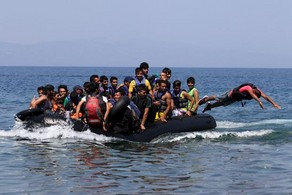
rm immigration policy and strengthen the protection of the external borders of the European Union.
During the year, world oil prices have continued to decline. Some experts attribute this to political reasons, pointing to the desire of the West, along with the imposition of sanctions, to undermine the oil-dependent Russian economy greatly lowering the price of a barrel of "the black gold".
By 2014 demand on oil production on the world market began to exceed. In July 2014 the price of oil started to fall from110 USD to 80 USD in October. In November 2014, Saudi Arabia refused to reduce its production quotas at a meeting of OPEC, which was the signal for the further game for a fall. The price of oil fell to 45 USD in January 2015.
"The decline in world energy prices can lead to some negative consequences for the Russian economy. We can talk about the outflow of foreign capital and the depreciation of RUB. But at the same time it is a challenge of the existing system, the current economic conditions can and must be changed", said Russian political analyst Pavel Klachkov, adding that we need to be extremely cautious in a crisis.
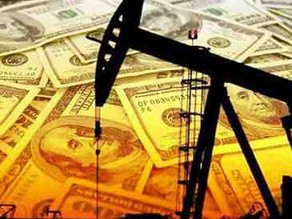
According to him, over the collapse of oil prices, the US is trying to strike in three directions at the same time in Russia, Venezuela and Iran.
The highlights of the outgoing year, generally, become the growth of ISIS, including acts of terror in Paris associated with flow of migrants to Europe from the Middle East and the migration crisis, continuation of sanctions of the West against Russia due to its activities in Ukraine, oil prices fall, which hit the oil-producing countries, including Russia, as well as launching the air operation in Syria, Russia and the cooling of Russian-Turkish relations after the Turkish side downed Russian Su-24.
